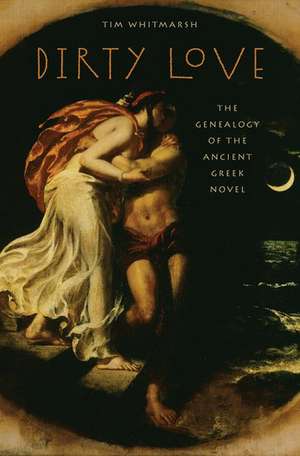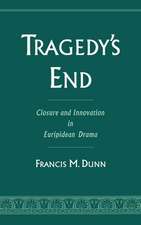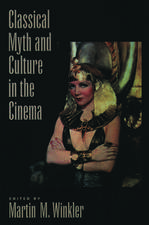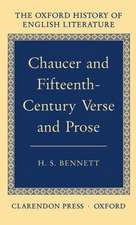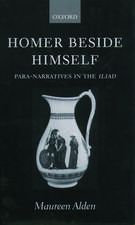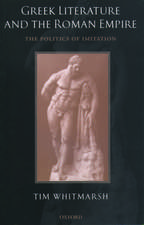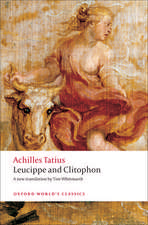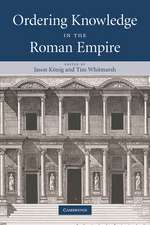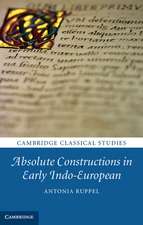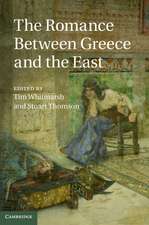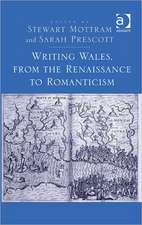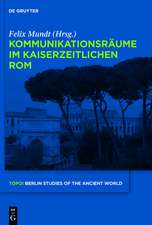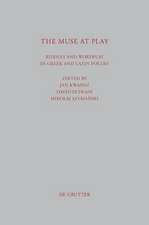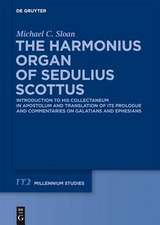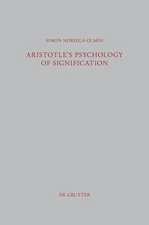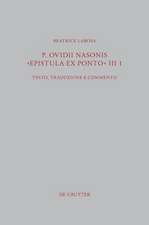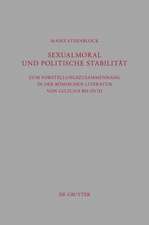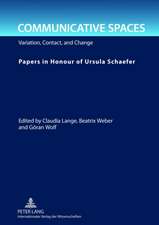Dirty Love: The Genealogy of the Ancient Greek Novel: Onassis Series in Hellenic Culture
Autor Tim Whitmarshen Limba Engleză Hardback – 31 mai 2018
Preț: 332.47 lei
Preț vechi: 378.54 lei
-12% Nou
Puncte Express: 499
Preț estimativ în valută:
63.62€ • 66.66$ • 52.59£
63.62€ • 66.66$ • 52.59£
Carte tipărită la comandă
Livrare economică 31 martie-07 aprilie
Preluare comenzi: 021 569.72.76
Specificații
ISBN-13: 9780199742653
ISBN-10: 0199742650
Pagini: 224
Dimensiuni: 239 x 155 x 23 mm
Greutate: 0.39 kg
Editura: Oxford University Press
Colecția OUP USA
Seria Onassis Series in Hellenic Culture
Locul publicării:New York, United States
ISBN-10: 0199742650
Pagini: 224
Dimensiuni: 239 x 155 x 23 mm
Greutate: 0.39 kg
Editura: Oxford University Press
Colecția OUP USA
Seria Onassis Series in Hellenic Culture
Locul publicării:New York, United States
Recenzii
Dirty Love: The Genealogy of the Ancient Greek Novel will cause a fundamental shift in how we think about the ancient novel, its authors and its content, as well as the implications for understanding literary texts that are lumped into this genre.
Destabilizing the still-common assumption that novels "originated," in any meaningful sense, among Greeks, Dirty Love will be a helpful addition to individual and institutional libraries featuring studies on literature and culture in the ancient world.
An enormously stimulating journey through a wide range of texts, relative to the environment out of which the Greek novel emerged. The stress laid throughout on the novel's willingness, even eagerness, to cross cultural boundaries carries conviction regardless of whether the arguments of individual chapters stand or fall. Dirty Love should be required reading for any future course in the Greek novel, and for anyone who wishes to dip further into one of the topics that it touches on, the rich footnotes on every page attest to the depth of scholarship throughout.
Whitmarsh's argument is bold and original, and part of a larger endeavor, he says, to revise our understanding of classical Greek literature by locating it in a wider horizon in which Greekness itself is interrogated. In sum, this is a rich and stimulating book.
If you have some interest in the origins of the novel, the classical world or the roots of Western civilisation, youll enjoy this. I felt cleverer after reading it.
Destabilizing the still-common assumption that novels "originated," in any meaningful sense, among Greeks, Dirty Love will be a helpful addition to individual and institutional libraries featuring studies on literature and culture in the ancient world.
An enormously stimulating journey through a wide range of texts, relative to the environment out of which the Greek novel emerged. The stress laid throughout on the novel's willingness, even eagerness, to cross cultural boundaries carries conviction regardless of whether the arguments of individual chapters stand or fall. Dirty Love should be required reading for any future course in the Greek novel, and for anyone who wishes to dip further into one of the topics that it touches on, the rich footnotes on every page attest to the depth of scholarship throughout.
Whitmarsh's argument is bold and original, and part of a larger endeavor, he says, to revise our understanding of classical Greek literature by locating it in a wider horizon in which Greekness itself is interrogated. In sum, this is a rich and stimulating book.
If you have some interest in the origins of the novel, the classical world or the roots of Western civilisation, youll enjoy this. I felt cleverer after reading it.
Notă biografică
Tim Whitmarsh is the second A. G. Leventis Professor of Greek Culture at the University of Cambridge. He also holds honorary roles at Corpus Christi College, Oxford, and the Universities of Pretoria and Exeter. He is the author of 7 books, including most recently Battling the Gods: Atheism in the Ancient World, which has been translated into Dutch and (soon to appear) Chinese and Greek. He has written over 70 academic articles on ancient Greece, and appears regularly in newspapers such as The Guardian and the Times Literary Supplement, and on BBC radio and TV.
